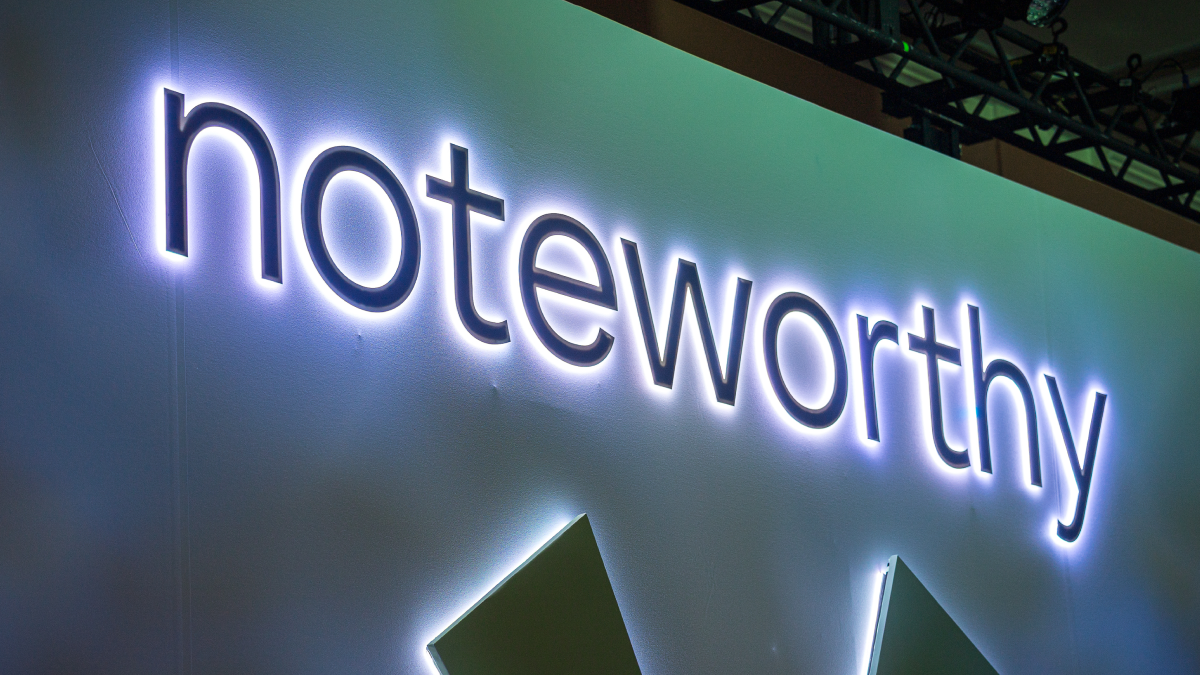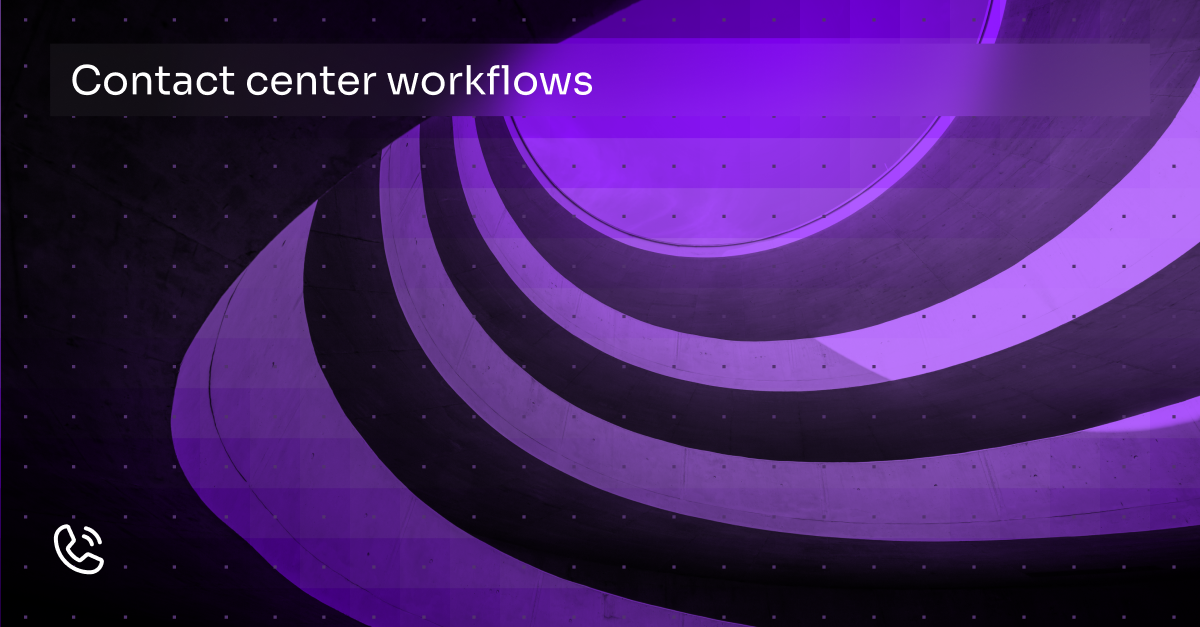In an era of digital healthcare transformation, crafting an effective AI strategy is pivotal for organizations aiming to enhance patient outcomes and operational efficiencies. Dr. Patrick McGill of Community Health Network is well-versed in the complexities and rewards of developing a comprehensive AI strategy in healthcare. As Chief Transformation Officer, his insights offer a blueprint for leaders seeking to navigate the integration of AI with a strategic and purposeful approach.
Read on for our interview with Dr. McGill on these topics and more.
Q: With the push towards digital transformation in healthcare, what guiding principles drive your AI strategy at Community Health Network?
McGill: At Community Health Network, our work is guided by our brand promise of “Exceptional Care. Simply Delivered.” This keeps us focused on our mission of enhancing health and well-being for all the communities we serve.
First and foremost, we are committed to clinical excellence and delivering the highest quality, evidence-based care to improve patient outcomes. Quality and safety are always top of mind.
Secondly, we aim to deliver an exceptional experience for every patient, every time by listening closely to patients, treating them with empathy and respect, thoroughly addressing their concerns, and engaging them as partners in their care. Building strong relationships is crucial.
Additionally, CHN is dedicated to providing accessible care to all who need it. Promoting wellness, prevention, and chronic disease management in our community is a priority.
Finally, as an organization, we pursue innovation to continually elevate care. Always looking for ways to leverage technology, improve processes, and implement creative solutions to enhance outcomes and efficiency.
Q: Part of your title is chief transformation officer. In developing an AI strategy, how do you differentiate between the potential and the hype of AI in healthcare?
McGill: AI is driving an incredible wave of innovation and transformation across industries, which is both exciting and challenging from the perspective of a Chief Transformation Officer. The rapid advancement of AI capabilities, from natural language processing to computer vision to predictive analytics, opens immense opportunities to rethink and optimize how we operate.
What excites me most is the potential for AI to help us make smarter decisions, automate processes, enhance the consumer experience, and ultimately deliver better outcomes. In healthcare for example, AI can enable more proactive, personalized care by predicting health risks, guiding clinical decisions, and engaging patients.
At the same time, it's critical that we approach AI thoughtfully and responsibly. As a CTO, my role is to help separate the hype from the reality - to assess where AI can truly deliver meaningful value and impact, while being clear-eyed about the limitations, risks, and implementation challenges. Not every problem is best solved by AI, and in many cases, AI is most effective when paired with human judgment.
We must ask the right questions - what pain points are we looking to solve? What capabilities do we need? How will end users interact with and be impacted by the AI? How will we ensure the AI is trustworthy, explainable, and aligned with our values? Cutting through the noise to develop a pragmatic, purposeful AI strategy is key.
I'm also passionate about considering the human element. While AI will undoubtedly automate some tasks, it will also fundamentally change many roles. Helping our workforce adapt and reskill to effectively collaborate with AI is a priority. We need to actively manage the human + machine partnership.
Ultimately, I believe AI will be one of the most transformative technologies of our time. As CTO, I'm energized by the chance to harness that potential to drive real progress - but in a way that is considered, creates true value, and keeps people at the center. It's about striking the right balance between leveraging innovation and managing change and disruption.
Q: When assessing potential partners to support your AI strategy, what are the top 2-3 characteristics you look for? Conversely, what are some absolute deal breakers?
McGill: When assessing potential partners to help drive our digital transformation and innovation agenda, there are a few key characteristics we prioritize.
First and foremost, we look for a strong alignment of mission and values. It's critical that our partners share our deep commitment to leveraging technology to enhance the health and well-being of the communities we serve. We want to work with organizations that are truly passionate about making a positive impact, not just selling a product. Empathy for the patient experience, dedication to quality and equity, and a collaborative, service-oriented mindset are must-haves.
Second, we seek partners with a proven track record of delivering measurable results and value. We evaluate the concrete outcomes they've helped other health systems achieve - whether it's boosting operational efficiency, improving quality metrics, or bending the cost curve. We dive into the details of their case studies and references to understand the specific approaches and technologies that drove impact. Demonstrable ROI and an evidence-based methodology give us confidence in their ability to help move the needle on our key objectives.
Third, we prioritize partners who bring deep healthcare domain expertise coupled with cutting-edge technical capabilities. The healthcare ecosystem is highly complex and heavily regulated - we need partners who intimately understand the unique clinical, operational, and data management challenges providers face. At the same time, we want access to the latest and greatest in AI, automation, and analytics to fuel innovation. The ideal partner combines robust healthcare-specific functionality with an agile, future-facing technology stack.
Inflexibility and a one-size-fits-all approach are also non-starters. Our organization has unique needs and priorities - we need partners who are willing to listen, customize, and adapt their solutions to fit our specific context. A vendor that is overly rigid or pushes a predetermined agenda likely isn't the right fit.
Finally, a transactional, short-term mindset is a deal breaker. We're not looking for a quick sale - we're looking to build long-term, strategic relationships with partners who will invest in deeply understanding our challenges, co-creating innovative solutions, and supporting us over the long haul as technologies and needs evolve. A partner that seems more focused on their own growth than on delivering sustainable value to our patients and community wouldn't align with our mission and model.
Q: Community Health Network recently partnered with Notable for automated chart review, care cap scheduling, and more. How does Notable fit into your overall AI strategy?
McGill: Our partnership with Notable is an exciting step forward in our mission to leverage innovative technology to enhance the quality and efficiency of the care we provide. There are several aspects of this collaboration that I'm particularly enthusiastic about.
Notable's AI-powered automation capabilities have immense potential to streamline some of our most time and resource-intensive processes. The automated chart review functionality can rapidly analyze patient records to surface the most relevant information, saving our clinicians valuable time that can be reinvested in direct patient care. It can help ensure important details aren't overlooked and give our team a more holistic view of each patient's history and needs.
Additionally, the automated care gap scheduling is a powerful tool to proactively engage patients and improve access to preventive care and chronic disease management. By identifying patients due for key services like annual wellness visits, cancer screenings, or diabetes check-ups, and automatically reaching out to schedule appointments, we can help more patients stay on track with recommended care. This is critical for catching issues early, closing care gaps, and ultimately driving better long-term health outcomes for our community.
I'm also excited about the potential for Notable's technology to help us elevate the patient experience. By digitizing and automating key touch points like appointment scheduling and reminders, we can offer patients more convenience and flexibility. AI-guided outreach can feel more personalized and responsive to individual needs. And when our staff can spend less time on administrative tasks and more on high-value patient interactions, it allows us to build stronger relationships and deliver more compassionate, focused care.
As we implement Notable's platform, I'm looking forward to seeing how it integrates with and enhances our existing workflows. The opportunity to harness advanced automation and analytics to empower our teams and engage our patients in new ways is truly energizing. I believe this partnership will be instrumental in our ongoing efforts to innovate, drive operational efficiency, and continuously raise the bar on the quality and value of our services. It's all about leveraging cutting-edge tools to help us deliver on our core purpose as a community health system.
Q: What else is on the roadmap with Notable, what does the future hold?
McGill: As we look ahead in our partnership with Notable, there are several exciting opportunities on the horizon to further leverage their AI automation platform to advance our strategic objectives and transform the way we deliver care.
In the near term, we're focused on successful implementation and optimization of the initial use cases around automated chart review and care gap scheduling. We want to ensure we're realizing the full value in terms of efficiency gains, improved care gap closure rates, and enhanced patient experience.
Moving forward, we see significant potential to extend Notable's capabilities into additional clinical and operational domains. For example, we're exploring using the platform to automate pre-visit planning processes, which can be a major pain point and cause of delays in care delivery. By using AI to streamline and accelerate PVP, we can greatly reduce the administrative burden on providers and staff.
Another high-potential area is using Notable to automate key steps in clinical documentation and coding. By suggesting codes and auto-populating fields based on analysis of clinical notes, Notable could help our providers save substantial time on data entry while improving accuracy and specificity. This frees up more bandwidth for patient care and supports optimized reimbursement.
The future with Notable is about harnessing cutting-edge technology to deliver on our mission in ever-more effective and impactful ways - driving quality, value, and health equity for the communities we serve. We're excited to unlock its transformative potential step-by-step, with a spirit of innovation balanced by a commitment to excellence in execution. The aim is to create a seamless, data-driven, highly reliable health system that meets each patient where they are and empowers them to thrive.










